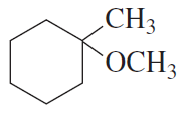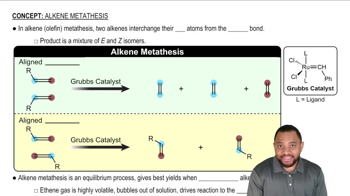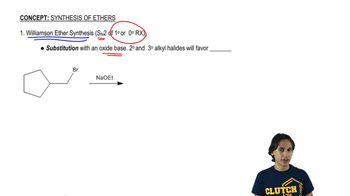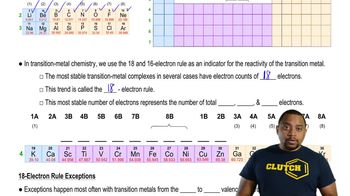What is the major product of each of the following reactions?
3.
4.

 Verified step by step guidance
Verified step by step guidance Verified video answer for a similar problem:
Verified video answer for a similar problem:



 4:25m
4:25mMaster The Mechanism of Alkoxylation. with a bite sized video explanation from Johnny
Start learning